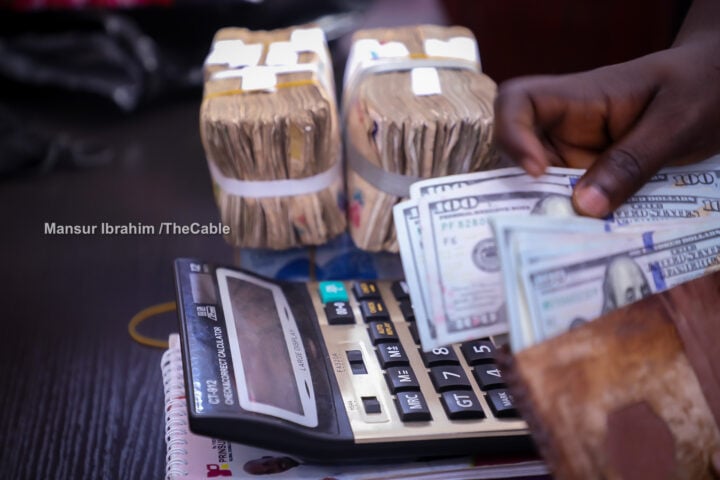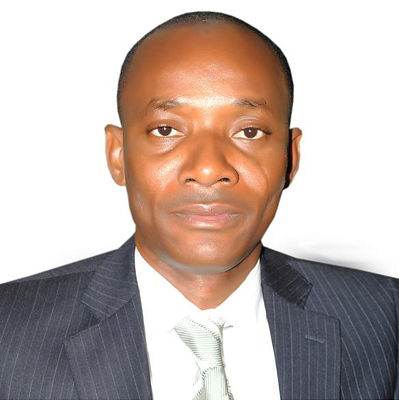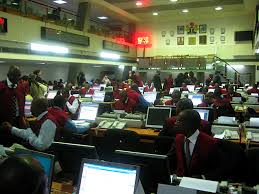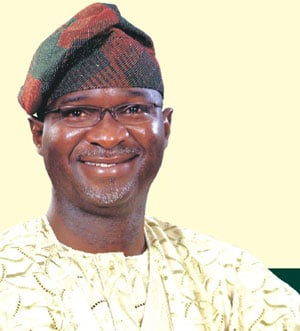The Central Bank of Nigeria (CBN) says increasing inflows, tighter market controls, and the return to orthodox monetary policy are driving recent foreign exchange (FX) market stability.
Victor Eboh, director of monetary policy at the CBN, spoke on Friday during a business, economy, and financial training for journalists, organised by Premium Times Academy in collaboration with the apex bank in Abuja.
The naira had strengthened in recent weeks, appreciating to N1,421/$ at the official section of the FX market on November 1.
According to NAN, Eboh said the feat was influenced by CBN’s target of restoring confidence and transparency in the sector.
Advertisement
He said the naira had for years been “overvalued”, noting that the current management allowed the currency to find its true value by eliminating distortions and preferential access to foreign exchange.
The CBN noted that the exchange rate, which had climbed to about N1,800 to a dollar at the peak of market volatility, but has since stabilised, closing at around N1,440/$ in the official window
Eboh said stability — not artificially strong rates — remain the priority of the administration.
Advertisement
“Whether you are a big man or not, we all go to the same market now for dollars. There is no longer unauthorised access to FX,” he said.
“Stability is more important than a strong naira that cannot be sustained.”
The CBN official said enhanced transparency and unified market access had strengthened investor confidence, leading to increased FX inflows.
‘EXTERNAL RESERVES INCREASED TO OVER $43BN’
Advertisement
He said the country’s external reserves had increased to over $43 billion, providing about nine months of import cover.
“In Ghana, the import cover is about three months. Some West African countries have barely six weeks. Nigeria currently stands at nine months. We have a lot of good news to report,” Eboh said.
The CBN director said the country’s balance of payments and current account remain in surplus, supported by programmes aimed at boosting FX liquidity and strengthening external sector conditions.
On inflation, Eboh said lending rates are still high but stressed that monetary tightening is essential to restore price stability.
Advertisement
He cautioned that unchecked inflation would erode purchasing power far more significantly than the short-term spending constraints caused by higher interest rates.
“You have to choose which one comes first. High inflation is a limitation to growth. It is not about having money in your hand but about what that money can buy,” he said.
Advertisement
Eboh said the bank has reverted fully to orthodox monetary policy, focusing on core mandates and leaving fiscal interventions to the government.
“The Central Bank cannot be Minister of Agriculture, Minister of Aviation and Minister of Transportation at the same time. That is why we have returned to full orthodoxy,” he said.
Advertisement
The monetary policy director said Nigerian banks remain strong and sound despite the ongoing recapitalisation.
He said the recapitalisation exercise is not driven by distress, but aimed at positioning the financial sector to support President Bola Tinubu’s $1 trillion economy target.
Advertisement
Eboh added that the regulator is monitoring monetary aggregates closely to prevent excessive money supply growth that could drive inflation.






